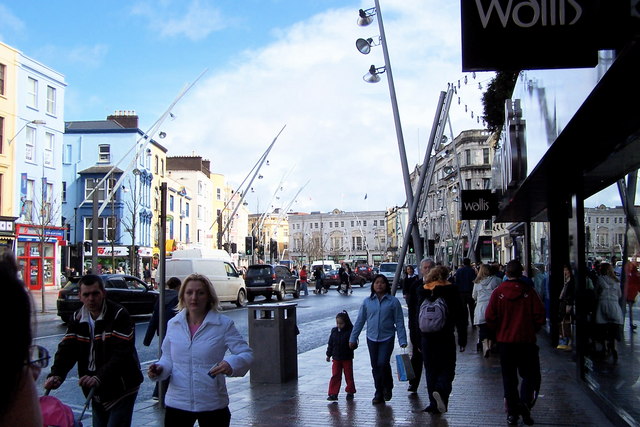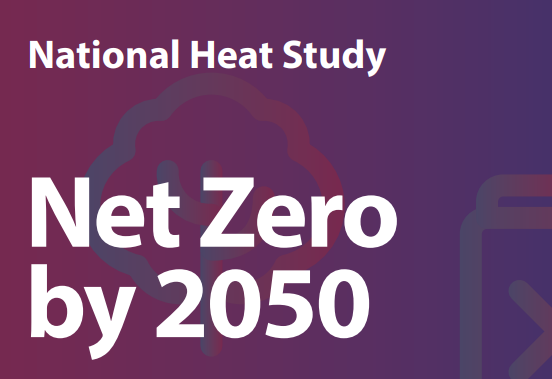Today, the National Oversight and Audit Commission (NOAC) published its findings for the Local Authority Satisfaction Survey 2019, which is the second of three surveys to be disseminated from 2018 to 2020. This survey took place in eleven local authorities and demonstrated that Irish citizens’ knowledge of their local council varies greatly by age. Amongst 18 to 25 year olds, 72% were the least knowledgeable about their authority. Meanwhile, 93% of citizens over 65 years in age had at least some knowledge of their local council.
Though the survey has boasted generally positive results across 2018 and 2019, the discrepancy between these figures shows that local councils must be more active in engaging the entirety of their constituents. Colleen Savage, chair of the NOAC Customer Survey subcommittee, emphasised this in a press release: “while the general perception of local authorities is generally positive overall the surveys suggests that local councils need to be more proactive in communicating with those living in their area.”
Of those who responded to the survey, about a third said they had been in contact with their local council within the previous five years. Housing was the major reason for getting in contact. Just over half (51%) said they were pleased with how their questions and concerns were handled, and those who got in contact with their council were more likely to disapprove of their council overall. Compared to those who had not reached out to their council in the past five years, these respondents were 23% more likely to be dissatisfied with their local authority. This can likely be attested to how the respondents felt their queries were handled. Amongst those who had positive experiences, 87% agreed they were satisfied with their council overall. Only 13% were satisfied after having a negative experience.
When asked about what council services are the most crucial, respondents answers fell into four major jurisdictions: housing, amenities, roads and road safety and environmental protection. The emphasis on housing could also be seen by 55% of respondents in 2019 (52% in 2018) stating that affordable and/or decent housing is the most important factor for making somewhere a good place to live and work. The only factor that ranked higher than housing was wage levels and/or job prospect at 81% (78% in 2018).
The vast majority of respondents were satisfied with both of these factors in their local areas. On average, almost 80% agreed their local areas were good places to work and 93% agreed they were good places to live. This speaks to the strong sense of belonging felt in most areas, with 84% from larger areas and 90% in smaller areas agreeing.
Regarding the environment and overall quality of life, Irish citizens put forth mostly positive responses. 69% agreed their council was working to improve the cleanliness and sustainability of their area, and 61% agreed it was also improving the quality of life. These improvements took form in the bettering of local services (61% agreed), making the area safer (60% agreed) and promoting economic growth (52% agreed).
On the whole, 56% were satisfied with their local council, and 51% agreed it was doing a good job. 51% also agreed they felt that their council cared about local residents. However, there were still some who were less satisfied with their governing authority. 43% agreed that their council was too difficult to handle and bureaucratic. Just 42% thought their council is well run and efficient, and only 34% agreed their local council is transparent. Perhaps the most damning figure was that only 28% agreed their local council provides good value for money. When asked to cite reasoning, respondents often attested to their lack of knowledge about local government. 40% believed they were well informed by their council.
Taken in their totality, these results emphasise that the work councils do for their residents is generally beneficial and well received, but they must broaden their reach so that more citizens feel connected to and understand their local government.
For more information, please visit: http://noac.ie/













